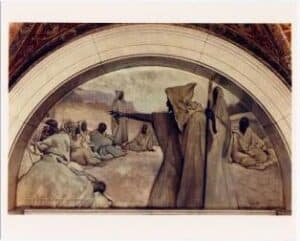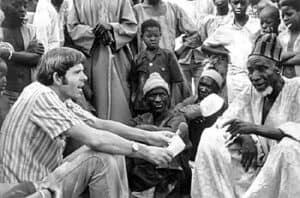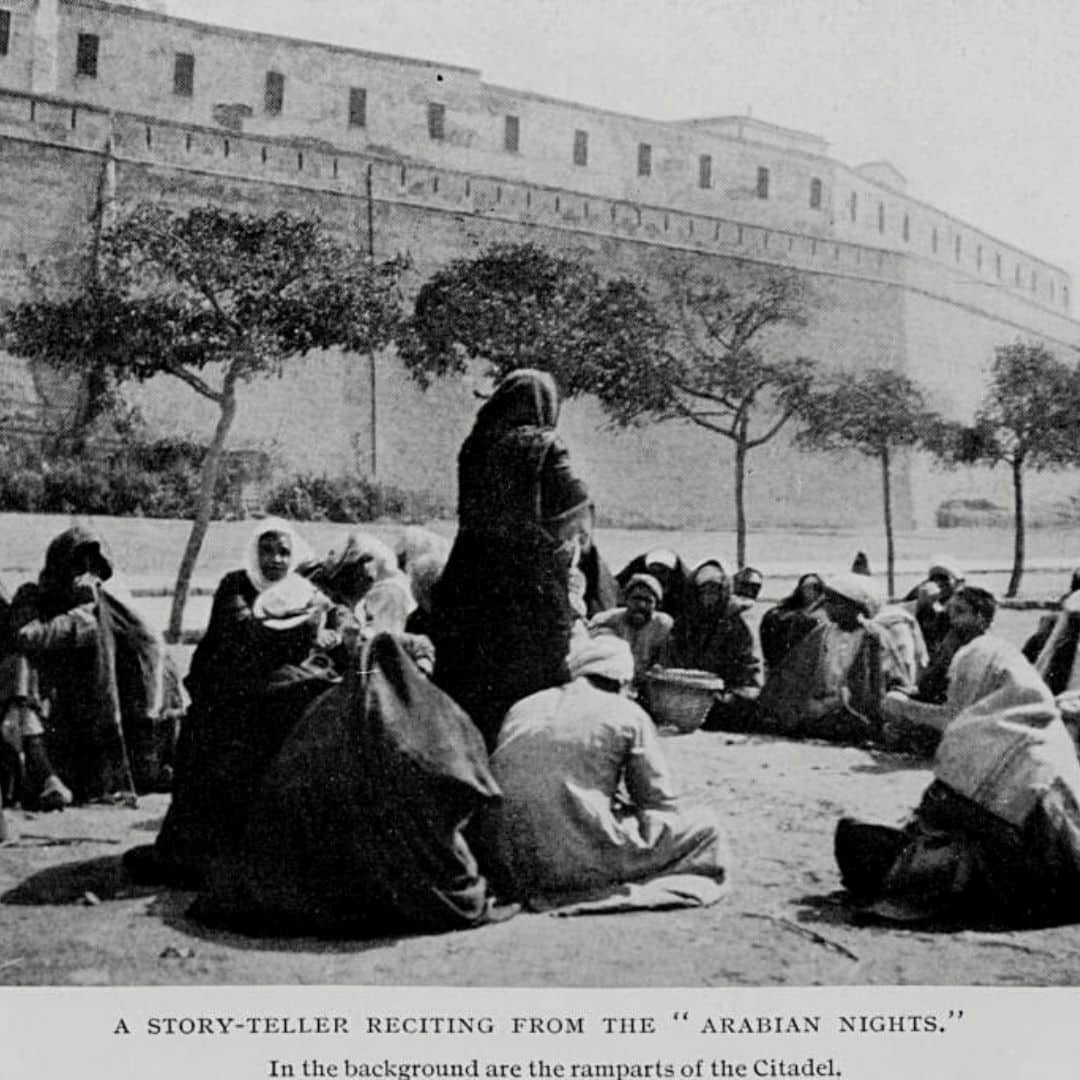Oral history projects require an appropriate methodology that you will learn in the online course Oral History – the Interview and the Project with an 8-step program.
Course author – Yolanda Silva
Oral History Projects
- Distinguishing and recognising Oral History as a methodology of History.
- Recognising the importance of Oral History in the preservation of Intangible Heritage.
- Identifying and describing the key elements needed to develop an Oral History projects .
- Knowing how to recognise potential problems related to the implementation of the project (particularly during the interview and processing of the information).
- Applying the best practices during Oral History projects .
- Recognising and applying the correct procedures during the interview process.
- Identifying key materials and equipment necessary for the interview process.
- Identifying methods and recognising the importance of making the data available to the public.
Next, let’s see what you will learn in each of these stages of the program.
1 – Distinguishing and recognising Oral History as a methodology of History.
According to historian Paul Thompson, Oral History was the first kind of History.

Oral Tradition mural in Evolution of the Book series, by John W. Alexander. Library of Congress – Thomas Jefferson Building, Washington D.C. (USA). https://www.loc.gov/resource/ppmsca.07355/
However, the dissemination of the printed word will soon obscure the spoken word.
By the mid-twentieth century, historians and archivists start launching the first initiatives in some universities and historical societies, essentially bases on researching and collecting local testimonies and folklore that, in many cases, included aspects of the development of language itself.
Thus emerges a new discipline within History.
2 – Recognising the importance of Oral History in the preservation of Intangible Heritage.
Stories and memories help us to explain our identity and our place in the world, as it provides us with information about how each of us remembers the Past and experiences the Present.
And it is on this premise that since the mid-twentieth century, Oral History projects have been growing in importance.
3 – Identifying and describing the key elements needed to develop an Oral History project.
In order to get a more concrete and comprehensive picture of the Past, Oral History uses a process of registration and preservation of information from a primary source, making it available to the public.
The methodology of Oral History is based primarily on the interview, a thought-out and structured process, which aims to fill certain gaps that records and ‘official’ documents do not.
4 – Knowing how to recognise potential problems related to the implementation of the project (particularly during the interview and processing of the information).

In West Africa, tradition is maintained by the Griots, the keepers of stories. In this image, we can see Tom Hale interviewing the griot Ayouba Tessa (1981, photograph by Thomas A. Hale).
http://news.psu.edu/story/140694/2002/05/01/research/keepers-history
Of course certain problematic issues on memory are highlighted on many occasions.
We live in complex societies with different groups and each with their own idiosyncrasies and so memories will be addressed differently.
Likewise, we cannot forget that memory, as those who keep it and share it, is alive, and therefore changeable and subjective.
And these last two features are the greatest challenge for historians when faced with oral sources.
However, we cannot invalidate them.
5 – Applying the best practices during a project of Oral History.
Oral History, with all its ramifications, is a discipline with a methodology similar to other branches of historical analysis.
It requires of the historian prior preparation in the same way as any other area of study, and a careful analysis of data, in order to properly select and convert it (or not) into an oral source – it will be a primary source, similar to a newspaper article or a registry.
analysis of data, in order to properly select and convert it (or not) into an oral source – it will be a primary source, similar to a newspaper article or a registry.
6 – Recognising and applying the correct procedures during the interview process.
“An oral history interview is something quite out of the ordinary because you are creating a historical document in those moments that you’re sitting together. No paper documents exist to create the world that we’ve now created through these narratives.”
Dr. Martha Norkunas PhD (Middle Tennessee State University – MTSU
7 – Identifying key materials and equipment necessary for the interview process.
The basis of the interview starts from the notes resulting from the research process.
In these notes the historian creates a list of topics, keywords and phrases that represent the information he/she seeks.
Writing specific questions may not result in the expected response, compromising the follow-up questions and imposing a strict routine in what is intended to be a flexible and open exchange of ideas.
Each interview is a unique exchange of ideas.
Each interviewee is also a single individual. So it is always beneficial to allow each individual’s memory pool take its own course, even if it means you have to momentarily take a small detour from the initial script you had planned.
8 – Identifying methods and recognising the importance of making the data available to the public.
In order to preserve the recordings and documents gathered and produced during the Oral History project, and so also to make them accessible to future generations of users, organising the collection must follow certain consistent and easy to understand procedures.


4 Comments.
I was looking through some of your blog posts on this website and I conceive this web site is rattling informative! Continue posting.
I’m truly enjoying the design and layout of your blog. It’s a very easy on the eyes which makes it much more pleasant for me to come here and visit more often. Did you hire out a designer to create your theme? Great work!
As I website possessor I believe the content matter here is rattling great , appreciate it for your efforts. You should keep it up forever! Best of luck.
I’m so happy to read this. This is the kind of manual that needs to be given and not the random misinformation that’s at the other blogs. Appreciate your sharing this best doc.